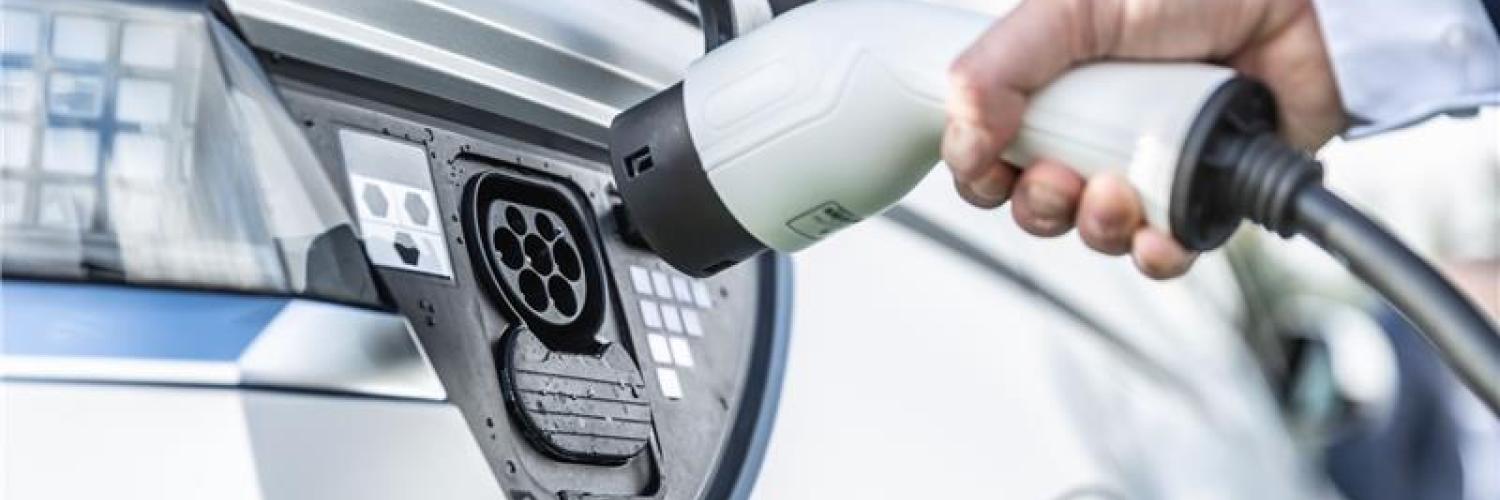With the available tax incentives and the sustainable nature of electric vehicles, a growing number of Belgian companies are now fully committed to electrifying their fleets. This is a trend that we at Arval wholeheartedly endorse. But did you know that an intelligent charging strategy is also crucial to maximise the return on investment of your electric fleet?
Approximately six out of ten Belgian companies either already offer charging facilities or plan to do so in the near future. To keep costs under control, we provide an initial framework that your company should use to develop an effective policy: How long should your drivers ideally spend recharging at your office? When are the peak hours? What type of charging point should you install?
Fast chargers are useful in a business context where it is essential to get back on the road quickly, but they can represent an unnecessary investment if your employees only use their company cars for commuting and have the entire day to recharge. Smart reservation systems help you plan parking spaces and charging points efficiently.
What about charging at home?
Not every driver has the option of charging at home, as they may live in an apartment or may not have a driveway. Fortunately, the number of public charging points has increased significantly in recent years, and we've even passed the symbolic target of 100,000 charging points.
As a company, it is a good policy to identify in advance who is able to charge their car at home. Always set up a clear agreement on appropriate compensation for the electricity consumed with those drivers who can charge their car at home. As an example, you can give priority on the charging infrastructure at work to drivers who cannot charge at home.
Clear agreements on public charging
You can also expand the range of public charging stations where they are allowed to charge, so that every driver is sure they can always find somewhere to charge their car. However, it is important that you provide clear guidelines for public charging:
- Encourage employees to check the prices and other costs for charging at a public charging point in advance, and reward those who make informed choices for the most cost-effective option.
- Ensure transparent reports with recommendations on how to optimise charging costs
- Include charging recommendations in your travel policy and have clear instructions on route planning and charging when abroad.




